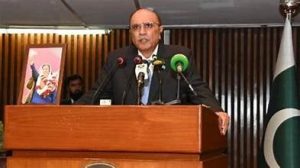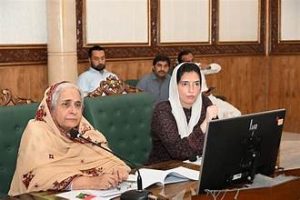Will you be spending your summer break in Bulgaria?

Bulgaria: In Zagreb this week, Bulgaria’s Minister of Tourism Miroslav Borsos held a working meeting with Croatia’s Minister of Tourism and Sports, Tonči Glavina, to exchange perspectives on the impact of euro adoption on tourism – an economic pillar for both countries. The dialogue centered on shared experiences and expectations in the context of Bulgaria’s pending entry into the Eurozone.
Minister Borsos expressed confidence in Bulgaria’s readiness for the transition to the euro. He underlined that the Bulgarian tourism sector is well prepared to embrace the single currency, expecting this move to further strengthen the country’s appeal among international travelers. According to him, adopting the euro will lead to clearer pricing, easier transactions, and a more predictable environment for both tourists and businesses. These improvements, he noted, are already being reflected in how the industry has upgraded its infrastructure, enabling smooth euro payments across hotels, restaurants, and travel services.
Drawing on Croatia’s firsthand experience, Minister Glavina spoke about the transition to the euro, which the country completed on January 1, 2023. He stressed that the switch had a distinctly positive effect on the tourism sector. Croatian companies began using the euro in advance of the official changeover, smoothing the process for both domestic firms and international partners. This early adaptation played a key role in attracting increased foreign investments. As a result, Croatia has seen notable economic growth—average monthly wages rose to €1,448 by March 2025, marking a 5.8% annual increase even after adjusting for 3.2% inflation.
Minister Borsos described Croatia as a strategic partner and valuable model for Bulgaria. He emphasized that the euro will not only simplify the travel experience for visitors but will also enhance Bulgaria’s investment climate. He reiterated that Bulgarian tourism is entering the final stage of preparation with optimism and determination, aiming for a strong 2026 with more tourist arrivals, fresh investments, and stable growth across the sector.
Minister Glavina, in turn, reaffirmed Croatia’s full support for Bulgaria’s eurozone ambitions. He pointed out that adopting the euro is a key factor for tourists choosing their travel destinations. Eliminating currency exchange and related costs, he said, made Croatia significantly more convenient for visitors from euro-using countries. He was confident that Bulgaria would experience similar benefits once it joined the euro area.
Glavina also shared insights into Croatia’s domestic tourism patterns. Despite a dominance of foreign visitors during the summer months, Croatian tourists continued to travel year-round, contributing significantly to the overall figures. He credited increased incomes post-euro adoption as a driving factor behind this domestic travel surge.





